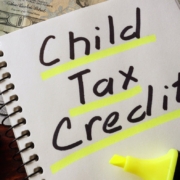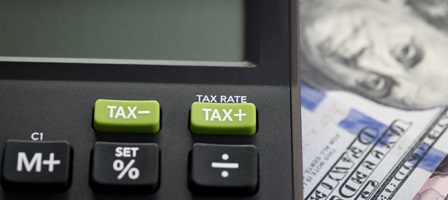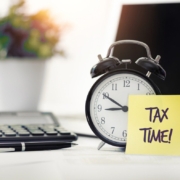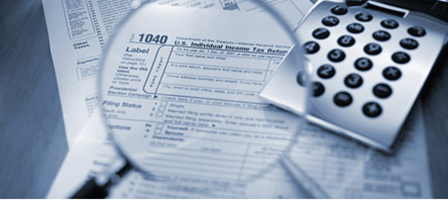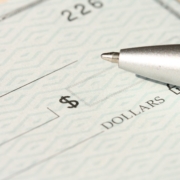Defer a Current Tax Bill With a Like-Kind Exchange
- Explore the tax benefits of a Section 1031 "like-kind" exchange for commercial or investment real estate with significant appreciation.
- Understand the broad definition of "like-kind" exchanges and the eligibility criteria for properties involved in the exchange.
- Learn about the impact of the Tax Cuts and Jobs Act on personal property exchanges and the distinction between asset-for-asset exchanges.
- Learn how the tax rules work in like-kind exchanges.
Are you interested in selling commercial or investment real estate that has appreciated significantly? If so, one way to defer a tax bill on the gain is with a Section 1031 “like-kind” exchange. With this transaction, you exchange the property rather than sell it. Although the real estate market has been tough recently in some locations, there are still profitable opportunities (with high resulting tax bills) when the like-kind exchange strategy may be attractive.
A like-kind exchange is any exchange of real property held for investment or for productive use in your trade or business (relinquished property) for like-kind investment, trade, or business real property (replacement property).
For these purposes, like-kind is broadly defined, and most real property is considered to be like-kind with other real property. However, neither the relinquished property nor the replacement property can be real property held primarily for personal use or for sale.

Asset-For-Asset or Boot
Under the Tax Cuts and Jobs Act, tax-deferred Section 1031 treatment is no longer allowed for exchanges of personal property that are completed after December 31, 2017. This includes personal property such as vehicles, machinery, or equipment and certain personal property building components.
If you’re unsure if the property involved in your exchange is eligible for like-kind treatment, reach out to a Fiducial Advisor for more help.
Assuming the exchange qualifies, here’s how the tax rules work. If it’s a straight asset-for-asset exchange, you won’t have to recognize any gain from the exchange. You’ll take the same “basis” (your cost for tax purposes) in the replacement property that you had in the relinquished property. Even if you don’t have to recognize any gain on the exchange, you still must report it on Form 8824.
However, in many cases, the properties aren’t equal in value. When this occurs, some cash or other property is added to the deal. This cash or other property is known as “boot”. If boot is involved, and you receive it rather than pay it, you’ll have to recognize your gain, but only up to the amount of boot you receive in the exchange. In these situations, the basis you get in the like-kind replacement property you receive is equal to the basis you had in the relinquished property reduced by the amount of boot you received but increased by the amount of any gain recognized.
How It Works
For example, let’s say you exchange business property with a basis of $100,000 for a building valued at $120,000, plus $15,000 in cash. Your realized gain on the exchange is $35,000. You received $135,000 in value for an asset with a basis of $100,000. However, since it’s a like-kind exchange, you only have to recognize $15,000 of your gain. That’s the amount of cash (boot) you received. Your basis in the new building (the replacement property) will be $100,000. Your original basis in the relinquished property ($100,000) plus the $15,000 gain recognized, minus the $15,000 boot received.
It should be noted that no matter how much boot is received, you’ll never recognize more than your actual (“realized”) gain on the exchange.
If the property you’re exchanging is subject to debt from which you’re being relieved, the amount of the debt is treated as boot. The reason is that if someone takes over your debt, it’s equivalent to the person giving you cash. Of course, if the replacement property is also subject to debt, then you’re only treated as receiving boot to the extent of your “net debt relief” (the amount by which the debt you become free of exceeds the debt you pick up).
Unload One Property and Replace It With Another
Like-kind exchanges can be a great tax-deferred way to dispose of investment, trade, or business real property. But you have to make sure to meet all the requirements. Contact us if you have questions or would like to discuss the strategy further. Click here to Request an appointment with a Fiducial Advisor at our office locations.
Know someone who might need our services? We love referrals!


